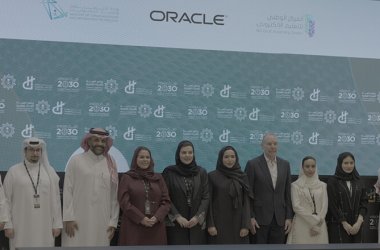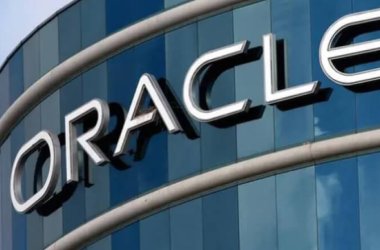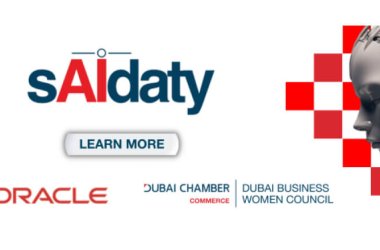 Oracle is continuing its legal battle against third-party software support providers it alleges are performing such services in a manner that violates its intellectual property.
Oracle is continuing its legal battle against third-party software support providers it alleges are performing such services in a manner that violates its intellectual property.
Last week, Oracle sued StratisCom, a Georgia company that offers customers support for Oracle’s Solaris OS, claiming it had “misappropriated and distributed copyright, proprietary software code, along with the login credentials necessary to download this code from Oracle’s password-protected websites.”
“StratisCom has taken, or facilitated the taking of software patches and updates for Oracle’s proprietary Sun Solaris operating system, and other technical support files used on Oracle’s Sun computers (collectively, ‘Solaris Updates’), and in at least one case, StratisCom distributed a copy of the entire Solaris operating system itself,” Oracle said in its complaint filed in U.S. District Court for the Northern District of California.
StratisCom was a subcontractor hired by DLT Federal Business Systems Corporation, which Oracle sued in 2012 on similar grounds. DLT-FBSC hired StratisCom to work on a number of U.S. government accounts, including the U.S. Space and Naval Warfare Systems Command and the Food and Drug Administration.
Some StratisCom consultants are former employees of ServiceKey, according to Oracle. ServiceKey was also named in Oracle’s 2012 lawsuit.
DLT-FBSC gave customers a phone number to call in requests for support, which was answered by StratisCom workers, according to the suit.
In October, a contractor working for the Navy group called the number to ask for a Solaris update, it states. A StratisCom employee then emailed back a link to Oracle’s password-protected support website, along with access credentials to download the update, and the Navy contractor did so, Oracle claims.
The StratisCom worker had obtained the credentials from ServiceKey, according to Oracle’s complaint.
StratisCom hadn’t filed a response to Oracle’s suit as of Tuesday, and did not respond to a request for comment.
The latest lawsuit’s language is worded much like a similar action Oracle brought against a number of other third-party Solaris support providers, Terix and Maintech. Earlier this month, a judge dismissed Oracle’s assertion those companies engaged in software trafficking, but declined to dismiss a number of other Oracle claims.
Those companies and others have maintained they operate within the bounds of their customers’ license agreements with Oracle.
However, last year ServiceKey and Oracle reached a settlement under which Oracle received no monetary damages but ServiceKey was compelled to meet a number of conditions and restrictions
Like other vendors, Oracle makes hefty profits from annual maintenance contracts, so it’s no surprise that it would fight vigorously against what it says are illegal competitors.
“As a strategy, it potentially puts fear into the partners who are providing service and potentially scares customers away,” said analyst Ray Wang, Chairman and Founder, Constellation Research. “Even if they do not have the legal grounds to pursue the case, a prolonged legal battle will impact the third party maintenance provider’s business. Some may back off, others may hang on in principle. Given that the economic model for Oracle is reliant on maintenance revenue streams, Oracle has little choice but to seek legal action.”
That said, “it’s bad for customers not to have choice in maintenance,” but hopefully the rules of engagement will be more clearly defined after these cases conclude, Wang added.





